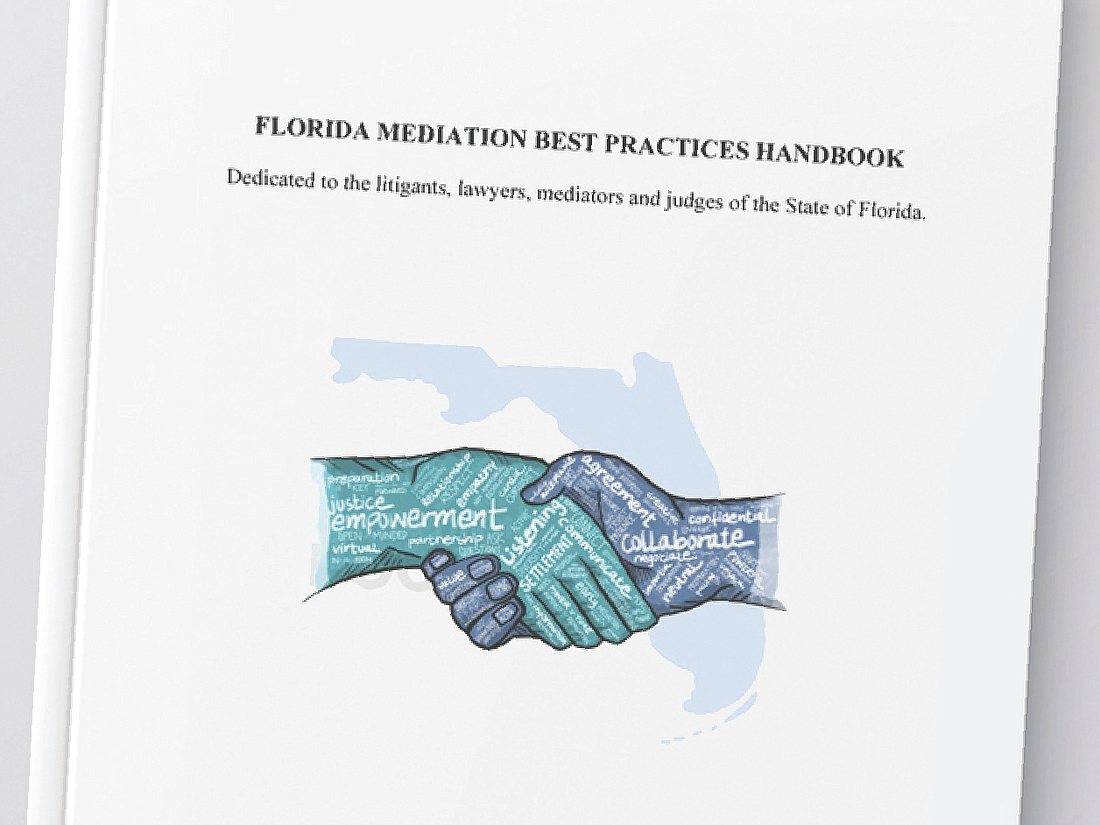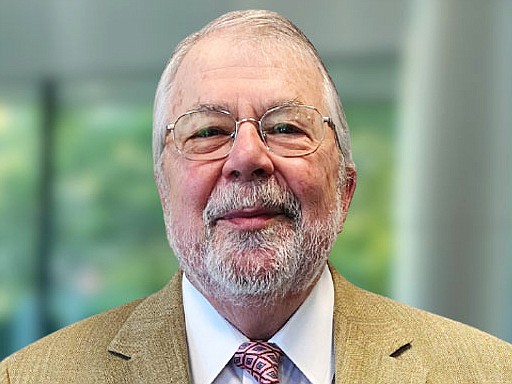
Individuals and business entities that are engaged in civil disputes, whether in pre-litigation/lawsuit status or a filed lawsuit, and their counsel should try to understand the basic concepts involved in voluntary and court-ordered civil mediations.
In Florida, most all disputes sitting in court will be directed to civil mediation; such also occurs, pre-suit, on a voluntary basis.
Mediation advocacy is mastered by doing appropriate research concerning civil mediations, especially for younger counsel. This can be helpful for the parties as well.

Mediation advocacy is as specialized as other areas of formal litigation, such as causes of action like breach of contract, negligence and the like as well as other issues like forum selection, pleadings, discovery and motion practice.
Fortunately, there are excellent resources for practical information about civil mediation advocacy.
As a basic reference source, I strongly recommend “The Florida Mediation Best Practices Handbook (Second Edition).” The first edition of the handbook was a collaborative effort launched by attorneys and mediators in the Hillsborough County Bar Association in 2021.
The authors expanded the reach of the handbook to the entire state of Florida; in 2022, the Trial Lawyers Section and Alternative Dispute Resolution Section of The Florida Bar held a Litigator Mediator Forum at its annual convention.
At the forum, mediators and trial lawyers from throughout Florida offered their knowledge both in-person and virtually and the authors used this information to create the second edition of the handbook.
An easy read at 47 pages, the handbook provides a comprehensive look at the advocacy of civil mediation.
This publication is a must-read for the young counsel engaging in both pre-suit civil mediation and court-ordered civil mediation.
The contents are the basic “A” to “Z” of civil mediations, with relevant commentary for both the nonlawyer litigant/party, counsel representing a disputing party and the selected mediator as well.
Topics include the nature of civil mediation, rules of alternative dispute resolution procedure and process, and “do’s and don’ts” of the mediation session from the beginning caucus to the separate sessions with the mediator.
It also addresses issues like the settlement agreement, the event of impasse and the like.
For example, in section II, “Mediation Best Practices for the Trial Lawyer,” of the handbook provides specific advice for how to prepare for mediation, including:
• Approach the mediation as a transactional lawyer approaches a potential transaction. Be diplomatic and cooperative at all times. Ascertain the needs of the parties, beyond the money, and help the parties find mutually beneficial solutions that fulfill those needs.
• Periodically review the rules and statutes governing the mediation process to ensure that your expectations and strategies for mediation are compliant.
• Prepare for the mediation by identifying and understanding the factual and legal issues in dispute and the applicable law. Consider also the emotional state of your client and the opposing party and how that might impact their willingness to settle.
• Prepare a case evaluation and cost of litigation analysis. Defense counsel should share those documents with the client and adjuster, where applicable, before authority is determined.
The handbook also suggests that attorneys, “Meet with the client to prepare him or her for the mediation process and explain the mediator’s role, if necessary. Set reasonable expectations and remind the client that compromise will be necessary. Prepare the client to keep an open mind and conduct themselves to engender trust and cooperation from the other side.”
The handbook suggests additional steps for lawyers to take before and during the mediation. It is an excellent resource for new lawyers and those new to mediation. I recommend it to young attorneys; it can also be helpful for some non-attorney parties as well, especially those who frequently engage in mediation, such as insurance adjusters.
Most civil cases settle, with many settling through mediation. Understanding the basics of mediation, how to prepare for mediation and what to expect during the process is part of mediation advocacy and something all Florida attorneys should attempt to master.
A Florida Supreme Court Certified Civil Mediator since 2003, Bill Cooper is a neutral at Miles Mediation & Arbitration in Jacksonville.